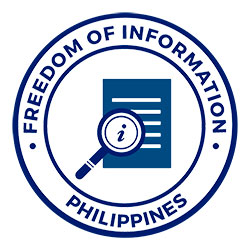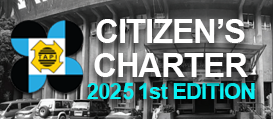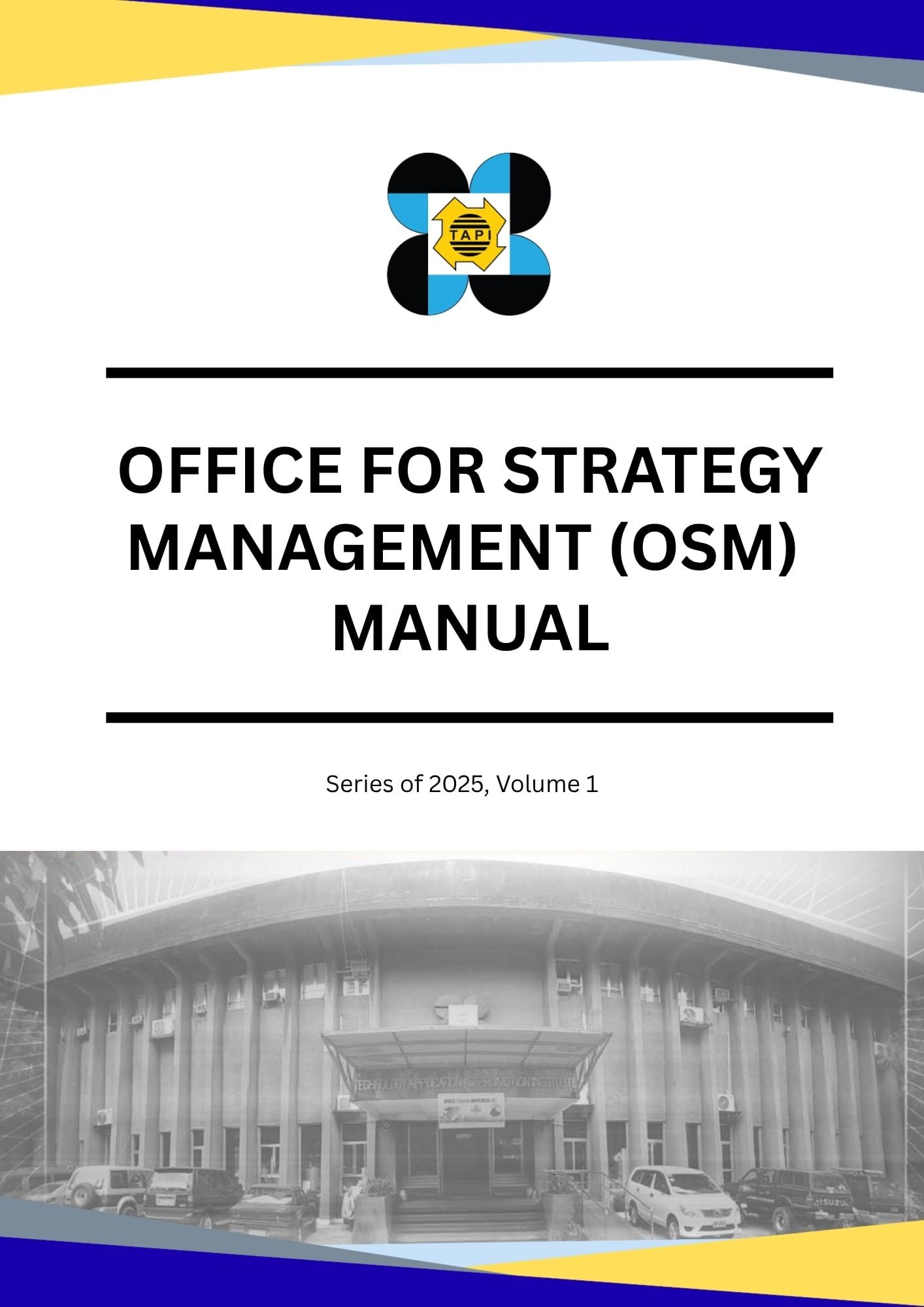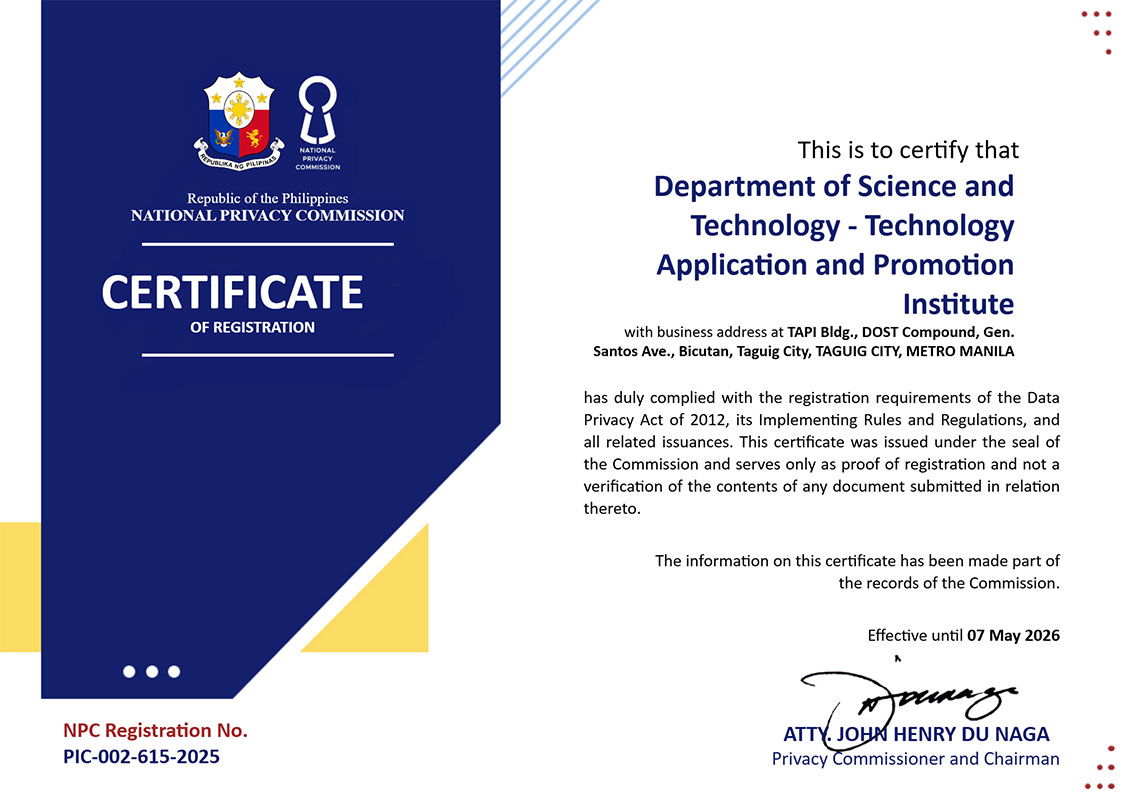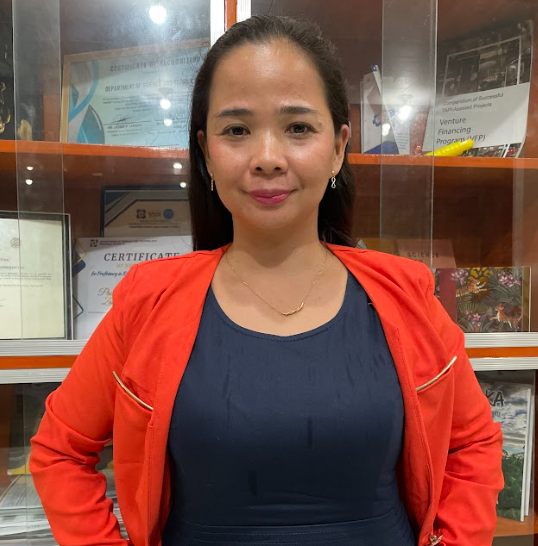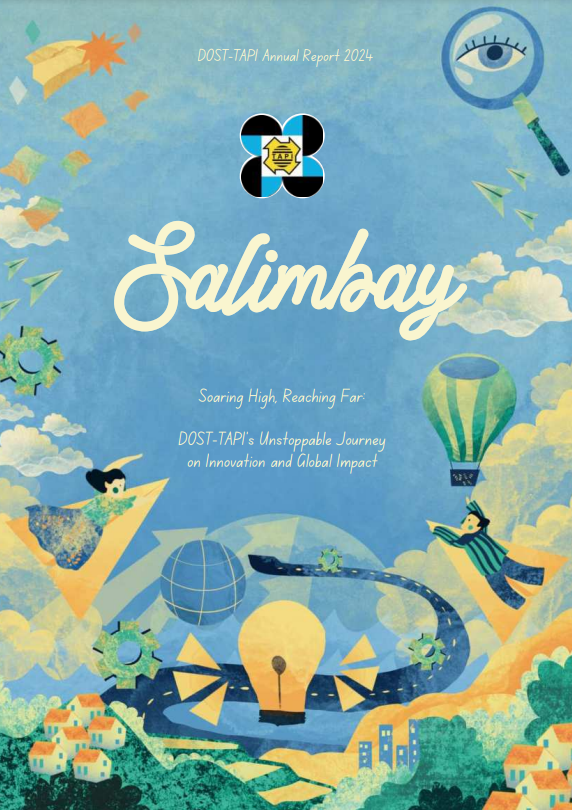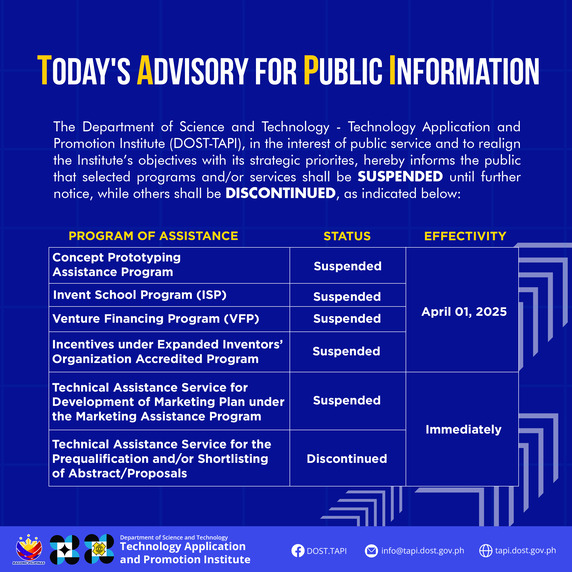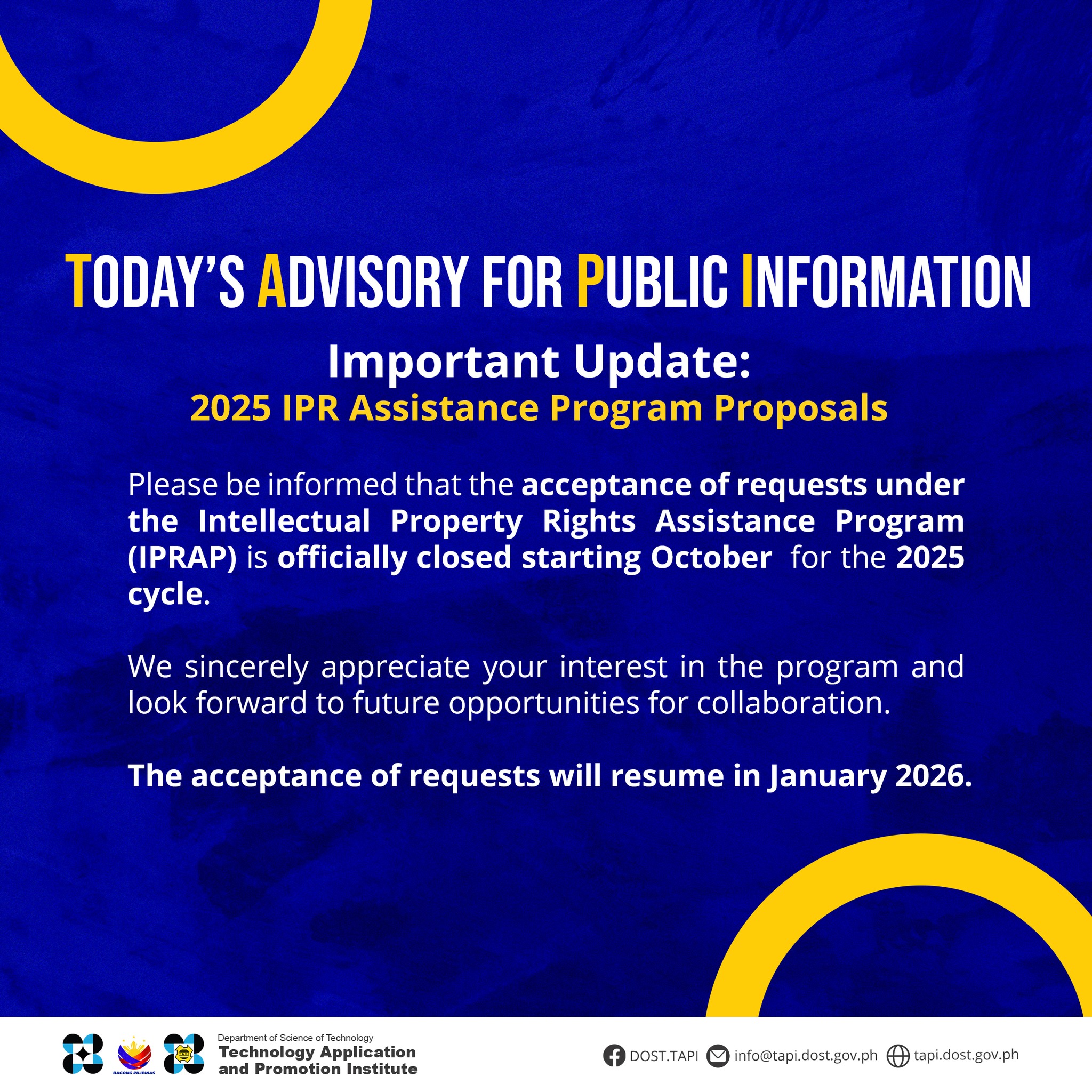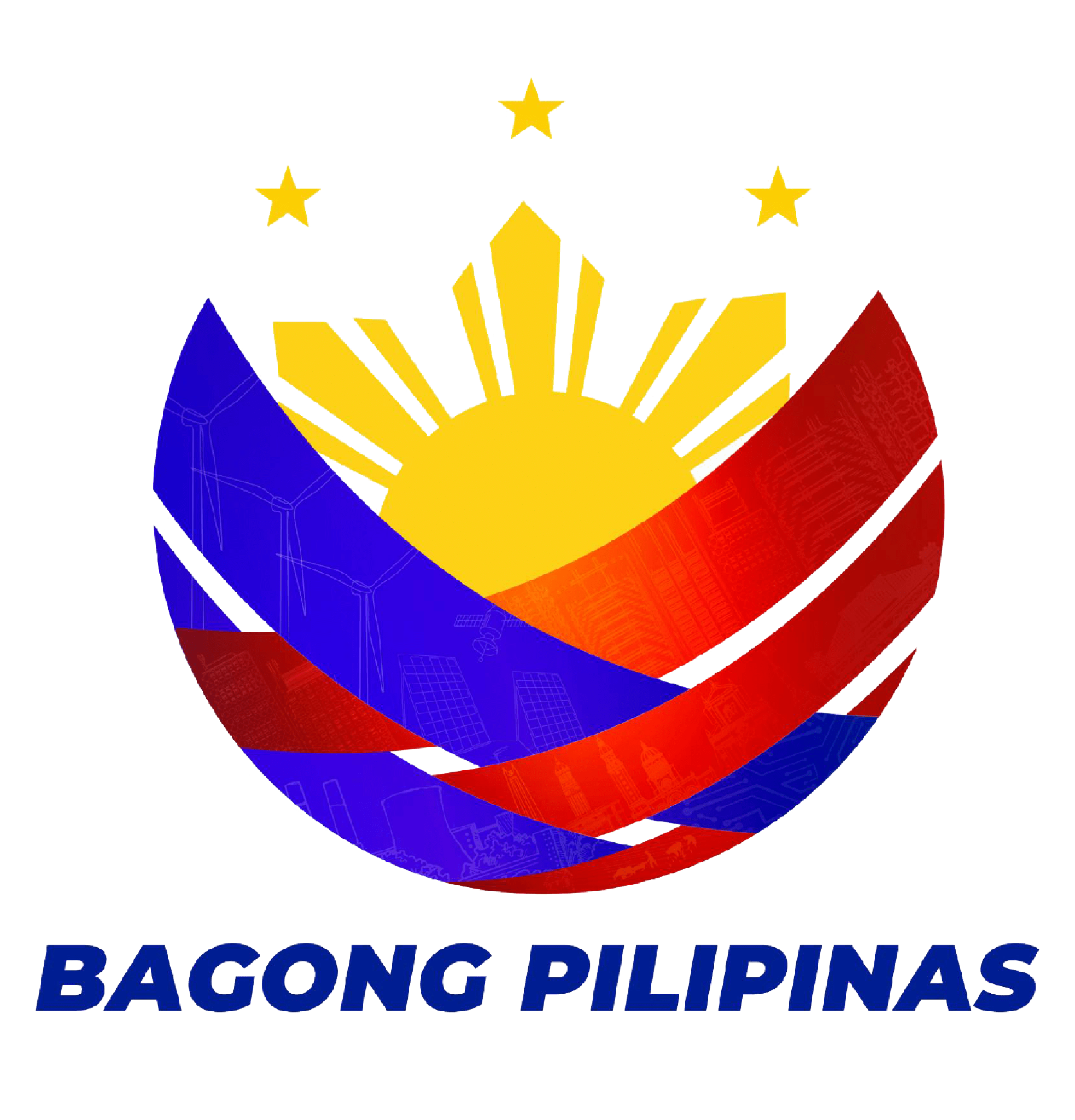- Details
by Carmela Isabelle Disilio
Julienne Stephanie Fabie-Agapin spun the narrative surrounding banana leaves from waste to wonder.
Banana leaves, typically regarded as agricultural waste, are often burned or left to decompose, releasing harmful chemicals into the environment. However, Julienne Stephanie Fabie-Agapin has turned this narrative around with a groundbreaking solution that champions sustainability and creates new livelihoods for former overseas Filipino workers.

Photo from Ms. Julienne's Facebook account.
Agapin has dedicated her career to merging scientific research with environmental advocacy. Her latest invention, unVas—a paper-based art canvas made from dried banana leaves—epitomizes this mission.
- Details
by Matt Jerome Casequin
"I define success for myself as having the capacity to encourage people to follow their dreams without boundaries and to produce goods or services that are beneficial to other people.” From the home-rich heritage and endless nature adventure, Zamboanga del Sur, nestled within the academic corridors of JH Cerilles State College, a unique and inspiring journey unfolds. Mariecel A. Fuentes, a dedicated college professor specializing in crop protection, is redefining sustainable agriculture through her innovative creation, Alpha Herbal Oil. Her story is one of resilience, inspiration, and an unwavering commitment to harnessing the power of nature for the betterment of society.


